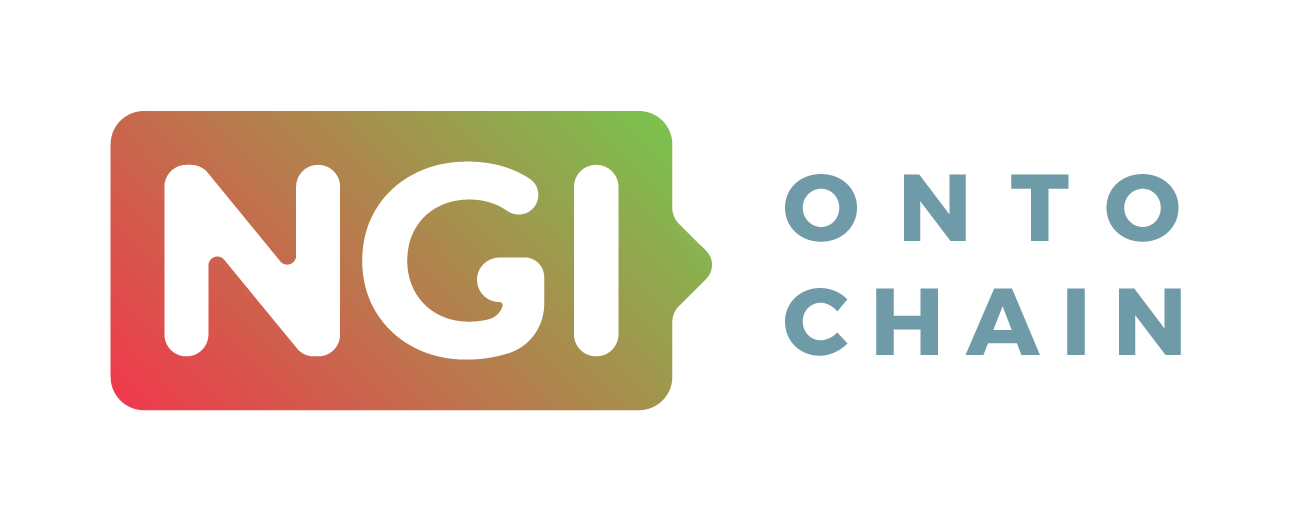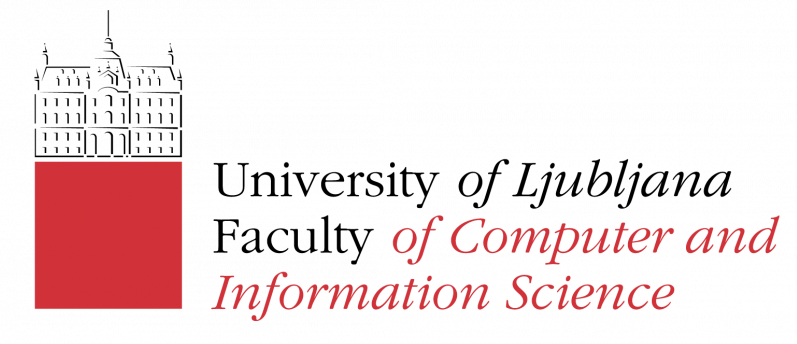Solid and Verifiable Credentials are standards that provide rules on how data should be organised and exchanged between data stores and apps. Solid-Verif project proposes the introduction of Verifiable Credentials into the Solid ecosystem. This way, its actors can certify and verify the origin of data and the data can be reused with confidence.
Learn more about the project in this interview with Tom Haegemans, one of the team members.

Could you please introduce yourself?
I’m Tom Haegemans, Co-Founder and Research Lead of Digita and Research Fellow at the University of Leuven. Digita is a start-up I co-founded that builds software and provides services for organisations that want to take part in the Solid ecosystem. The centrepiece of our products is Digita Connect: a middleware solution to connect Solid pods to the legacy systems of organisations. Our customers include governments and financial service providers. In 2020, we won the Brussels Innovative Starters Award and €500,000, we were selected for the NGI DAPSI Accelerator, we were awarded an NGI Pointer grant and now, we are about to participate in the NGI ONTOCHAIN programme.
How did you hear about ONTOCHAIN?
We heard about the ONTOCHAIN initiative because we also participate in other NGI programmes, such as NGI Pointer and NGI DAPSI.
What motivated you to apply?
The NGI grants such as ONTOCHAIN enable us to investigate and build parts that are lacking from the Solid ecosystem and make them freely available to the community.
How was the application process?
Just like for the other NGI programmes, applying was straightforward. I very much like the lightweight process because it urges you to really go to the gist of your idea. I strongly believe that this approach attracts better projects and provides for a better evaluation process.
Can you briefly explain your project and its contribution to the ONTOCHAIN software ecosystem?
In this project, we aim to combine the Solid and Verifiable Credentials standards in an implementation, to support several innovative use cases for trusted data reuse and to construct a list of considerations, that should be taken into account when developing such an implementation. We believe that this project will add to both the Solid and the ONTOCHAIN ecosystems because (1) it will shed light on several practical considerations when implementing a combination of both Solid and Verifiable Credentials and (2) it will result in an open-source software artefact that can be used in a very flexible way.
The ONTOCHAIN project is based on a co-development process, how can you benefit from an experience like this? And what type of synergies are you eager to explore with the other selected teams?
From the perspective of other ONTOCHAIN projects that rely on blockchain, the artefacts and knowledge of this project provide a way to organise off-chain storage in a standardised way. Indeed, Solid and Verifiable Credentials are standards that provide rules on how data should be organised and exchanged between data stores (i.e. pods) and apps and are both technology agnostic and compatible with blockchain technology.
What are your expectations regarding the new software ecosystem that ONTOCHAIN will deliver, its contribution to the NGI priority areas, and benefits for end users?
I have great expectations of the ONTOCHAIN ecosystem as it has made clear that its ambition is to build further and rely on open standards. By doing so, I believe the resulting ecosystem will automatically contribute to the key priority areas of NGI such as decentralisation, trust, resilience and inclusion.

 This project has received funding from the European Union’s Horizon 2020 research and innovation programme under grant agreement No 957338
This project has received funding from the European Union’s Horizon 2020 research and innovation programme under grant agreement No 957338




